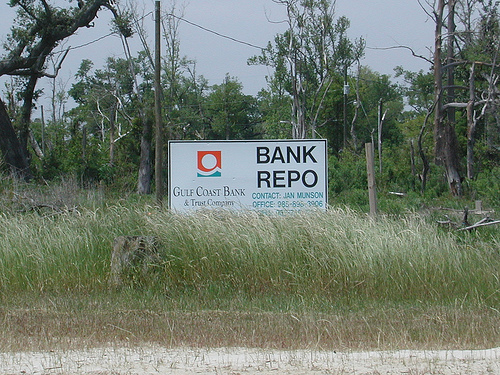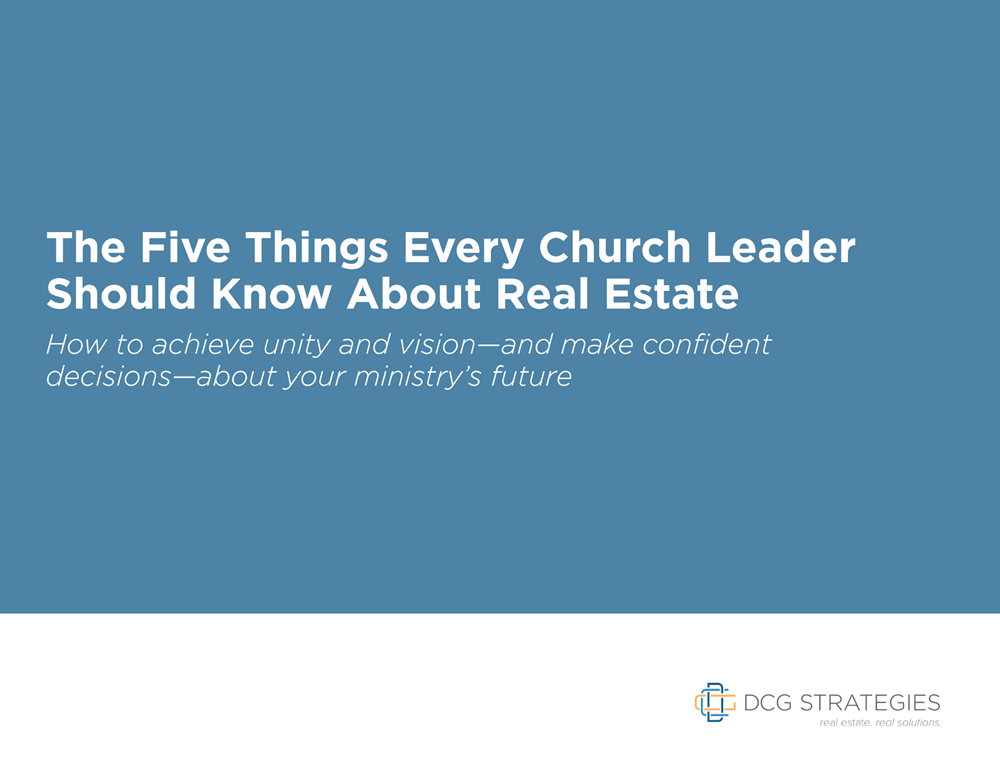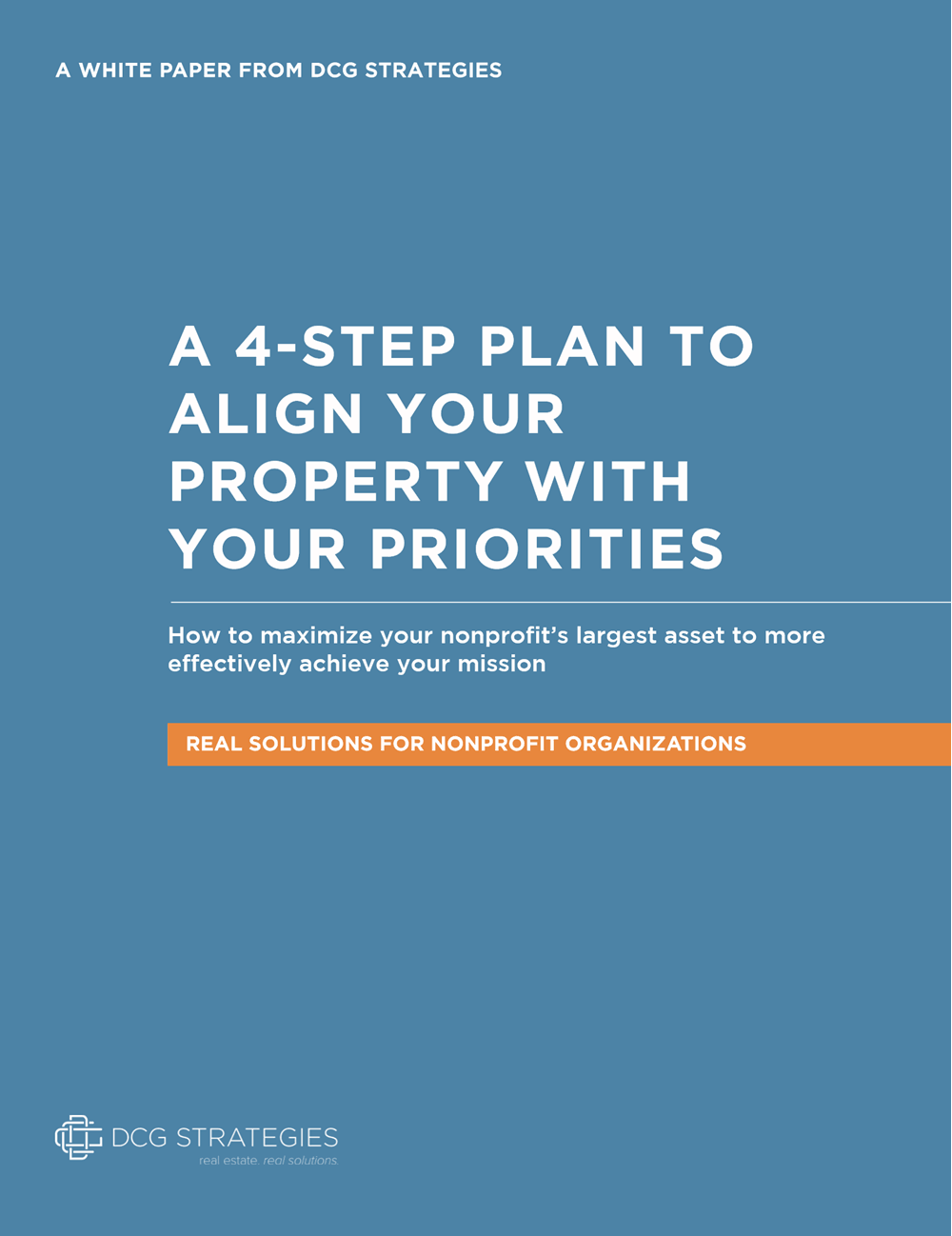 Even though the economy is improving, there is still plenty of bank-owned, foreclosed commercial property available in the United States. But buyers should proceed with caution.
Even though the economy is improving, there is still plenty of bank-owned, foreclosed commercial property available in the United States. But buyers should proceed with caution.
Image source: Flickr CC user Bart Everson
On the steps of county courthouses, investors show up at foreclosure auctions with cash in hand and put in bids for hotels, strip malls, and other foreclosed commercial property. Others sit across a desk from hard-nosed bankers and haggle over a price. Sometimes these deals turn out to be a steal. But sometimes…
Well, it’s risky.
Let the Buyer of Foreclosed Property Beware
Here’s one story about a foreclosure sale that made us cringe. In New Jersey, a realtor bought a shuttered thermometer factory for the price of the back taxes — a great deal, or so he thought. A few years later, he renovated the factory and leased the building to a daycare.
Unfortunately, he didn’t do his homework thoroughly and the place was later found to emit mercury vapors. The upshot was that the realtor, along with the bankrupt thermometer company, was found liable more than a decade later for the cleanup costs and punitive damages for exposing children to poisonous gases. The judgment totaled more than $6 million.
Obviously, this is an extreme example of a foreclosure sale going bad for the investor, but other scenarios can be just as sad. In a story that we told in an earlier blog, the Set Free Deliverance Church bought a building in Southeast Dallas from the city in 2012 for $25,000 after it failed to sell at a sheriff’s auction. The congregation later got a bill for $170,000 in back taxes on the property. So, instead of opening a nice community center as planned, the church was stuck with a huge liability because it didn’t read the fine print.
Foreclosed Property Sales Need Careful Study
We tell these stories not to be negative about the potential opportunities in buying distressed commercial property, but to warn people. Foreclosure sales should be approached with as much, or more, hard-nosed business analysis as any commercial deal.
Buyers are no longer guaranteed bargain prices for bank-owned property, which we saw during the Recession. California, which was among the hardest hit states, saw a glut of distressed shopping centers, hotels, and office buildings enter the market. Many people walked off with bargains. Not surprisingly, foreign investors with cash scooped up some of the best deals. But by spring 2013, the Bay Area and many parts of California were already considered ‘seller’s markets’ for the banks holding foreclosed property.
Some Foreclosed Property Sales Make Sense, Others Do Not
This is not to say that good deals aren’t available. Foreclosed commercial property comes on the market in good times and bad. It often makes sense for a buyer to snap up a distressed property.
For example, in Michigan, a Christian school in 2013 bought a bank-owned building that had once been owned by a congregation, which had severed ties with the school. The school was leasing the building from the congregation, but the bank eventually foreclosed on the building. The school then entered negotiations to buy the building from the bank. This sale was a natural fit because the school had a defined use for the building and knew the property and its value intimately.
Buyers Make Mistakes When Buying Foreclosed Property
However, while some make the right call in buying a distressed property, others make mistakes. Here are some big ones:
Buyers Might Overpay: Banks are not going to tell a buyer what a property is worth. It is up to the buyer to assess the potential cash flows and liabilities, as they must with any other commercial property when assessing value. Auctions are especially risky, where multiple offers are sometimes flung out on properties sight unseen.
Buyers Might Purchase a Bad Fit: No matter how good the price may seem, the property should be a good fit for the buyer. For example, if the property is a strip mall, the buyer should evaluate the tenants to determine if the cash flows are stable. If a buyer is planning to open a business, the building needs to be in the right location and the space must be suitable for the operation.
Buyers Might Buy a Liability: This is last only for emphasis: A buyer needs to know the property thoroughly so the investment doesn’t turn into a major liability. Foreclosed buildings can have hidden environmental problems, such as spills, buried oil tanks, asbestos, and lead-based paint, which can cost thousands to clean up. Also, foreclosed properties can sit vacant for years, so they may have fallen into disrepair.
Foreclosure Sales Are Too Complicated to Do Alone
These are just a few mistakes that we see. The weekend investor who haunts county auctions and combs legal notices in the newspaper can make mistakes. But churches, non-profits, private companies, and even state and local governments can make mistakes on foreclosure sales, too. That’s because these deals are complicated. Buyers can find foreclosed property that makes sense to buy, but shouldn’t try to go it alone. They need an experienced commercial real estate consultant to help guide the way.
If you are exploring buying foreclosed property, you can get a thorough analysis of the property, its value, and your needs from a consultant whose community values align with your own. Contact DCG Real Estate today to learn more.





